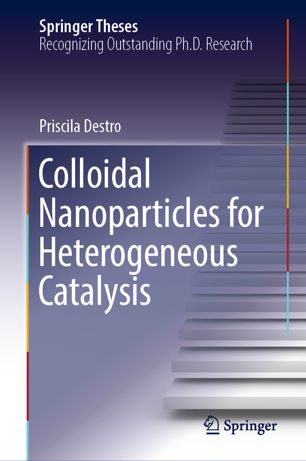

Most ebook files are in PDF format, so you can easily read them using various software such as Foxit Reader or directly on the Google Chrome browser.
Some ebook files are released by publishers in other formats such as .awz, .mobi, .epub, .fb2, etc. You may need to install specific software to read these formats on mobile/PC, such as Calibre.
Please read the tutorial at this link: https://ebookbell.com/faq
We offer FREE conversion to the popular formats you request; however, this may take some time. Therefore, right after payment, please email us, and we will try to provide the service as quickly as possible.
For some exceptional file formats or broken links (if any), please refrain from opening any disputes. Instead, email us first, and we will try to assist within a maximum of 6 hours.
EbookBell Team

4.1
60 reviewsThis book explores the formation of colloidal gold–copper (AuCu) alloy nanoparticles and evaluate their application in heterogeneous catalysis. Metal alloys are extremely versatile materials that have been used since the Antiquity to improve the properties of commonly used metals, therefore the understanding of their properties has fostered the applications in areas such as photonics, sensors, clinical diagnostics, and especially in heterogeneous catalysis, which allows catalyst active sites to be modulated.
In this book, readers will appreciate the fundamental aspects involved in the synthesis of AuCu nanoalloys, including real-time information about their atomic organization, electronic properties, as well a deeper understand about the behavior of AuCu supported nanoalloys under real catalytic conditions, providing interesting insights about the effect of the support on the nanoalloy stability.
The results presented here open new horizons for using metal alloys in catalysis and also other areas where the metal–support interface may play a crucial role.